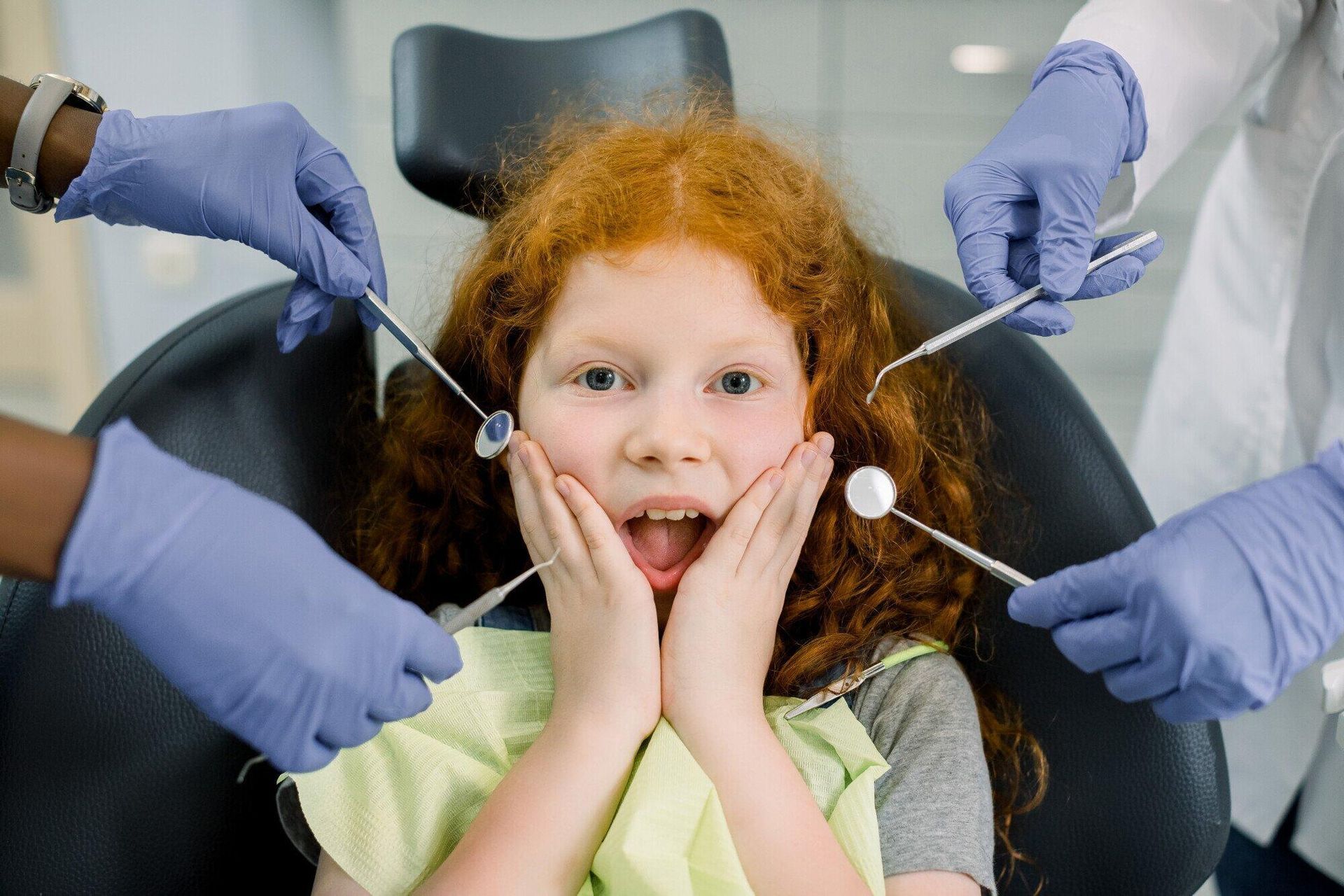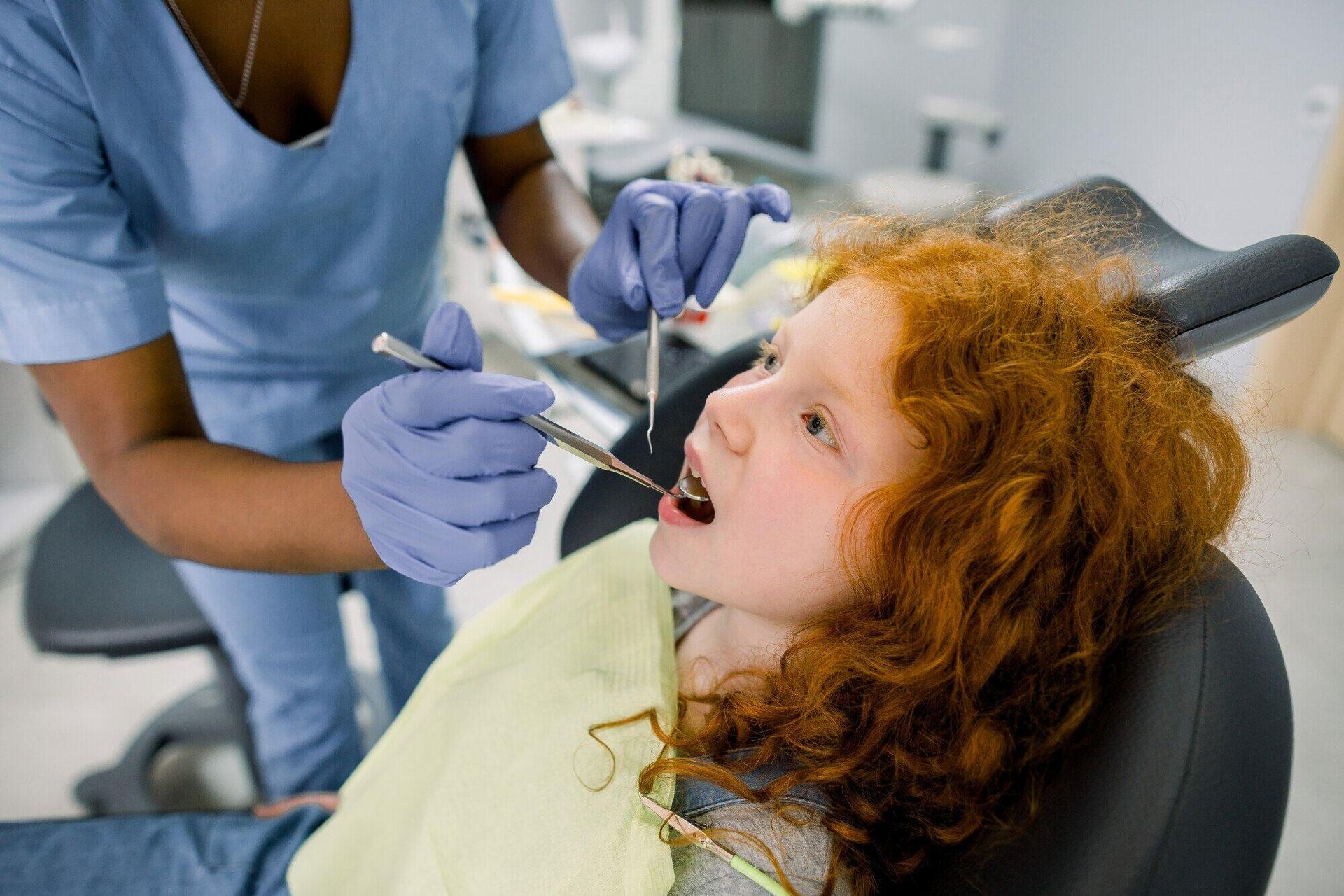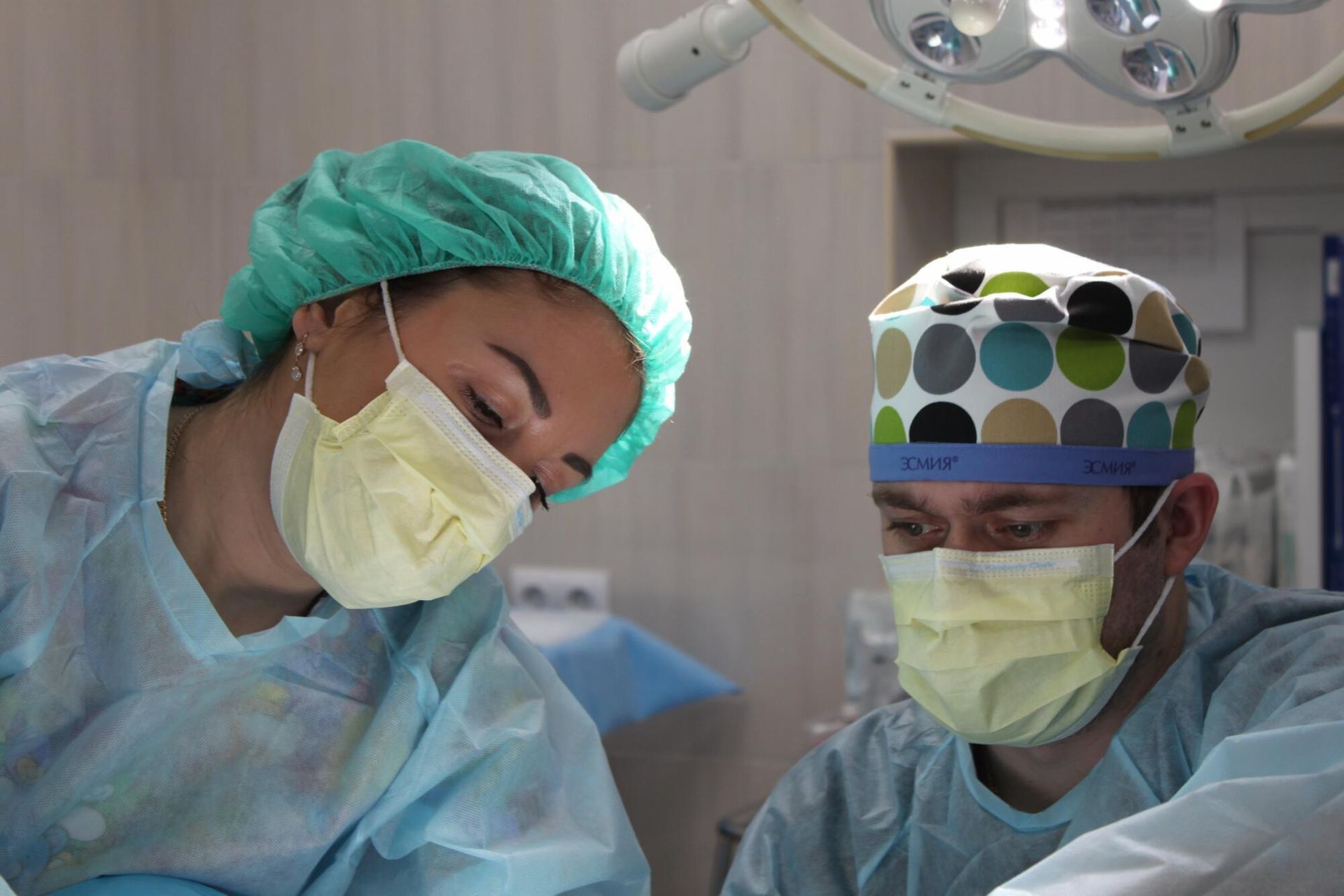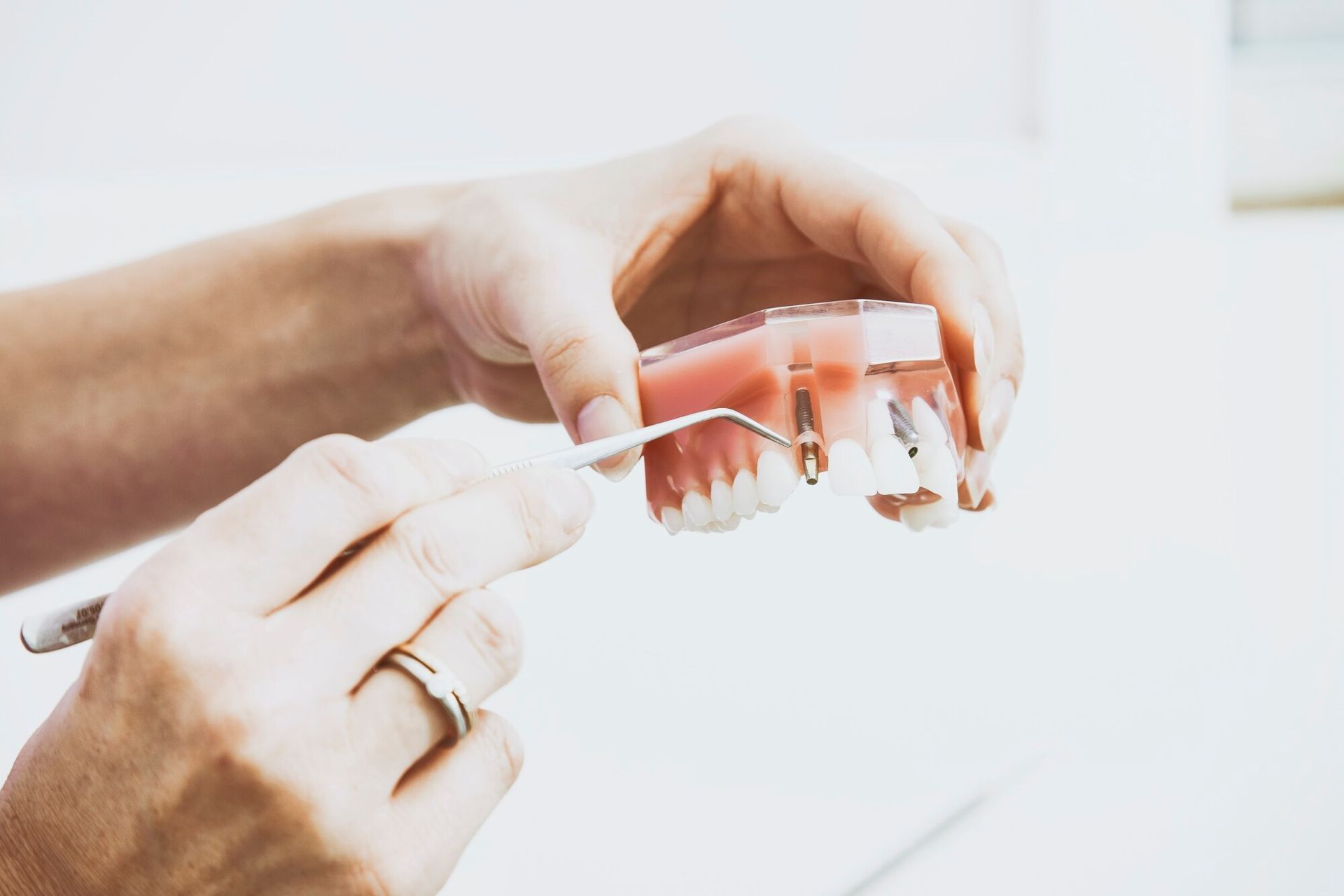Why General Dentists Do Root Canals: Everything You Need to Know
Did you know that one in four Americans will have to have a root canal at some point in their life? This is a very common procedure and, contrary to popular belief, not as excruciating as it once might have been. In some cases, you may even be able to get a root canal right in your normal dentist’s office.
But you may be wondering why your dentist in Friendswood would do your root canal and whether this is an option for you. Read on to learn more about root canals and the circumstances under which general dentists perform them.
What Is a Root Canal?
Before we dive into why general dentists in Friendswood, AZ, do root canals, let’s talk some about what they are. A root canal is a procedure that removes infected and decaying tissue from the inside of your tooth. If you let tooth decay go untreated for too long, it can spread down to the soft center of your tooth, causing it to get infected.
During a root canal, your dentist in Friendswood, AZ, will give you local anesthetic at the infected tooth and then will scrape out any infected tissue there. They then fill the cavity in your tooth with a material that will keep it from getting infected again. They may need to do some additional work on the tooth in future visits to restore it to full health and function.
Can General Dentists Perform Root Canals?
You may be reading that description of a root canal and thinking it sounds a lot like a job for an oral surgeon. And it is true that in some cases, specialists called endodontists handle root canals. Endodontists usually go through an additional two years of training to learn about inner tooth operations like this.
However, as we’ll discuss more in a moment, general dentists can sometimes handle the procedure themselves. Whether or not they choose to do this will depend on their level of comfort with root canals, your specific health situation, and some other factors. But handling the procedure in their office can be beneficial for you in a number of ways.
When They Choose to Do the Procedure
In most cases, general dentists will choose only to do simpler root canal procedures themselves. They’re most likely to choose this route if the infected tooth is an incisor, canine, or lower premolar. This is because these teeth only have one large root and so require less precision and careful maneuvering.
Your general dentist in AZ may also choose to do a root canal on teeth that don’t have a very deep infection. However, in the cases of molar infections, you’ll almost always need to see an endodontist. This is also the case with upper premolars, which usually have at least two separate roots and root canals.
Cost
One of the biggest benefits of getting your AZ dentist in Friendswood to handle your root canal is the cost. Most of the time, endodontists charge higher rates than general dentists do. Because they went through all that extra training and have the additional expertise, they can charge patients more for that level of specialized care.
Depending on where you live, it may also be hard to find an endodontist who’s in your insurance network. Going to an out-of-network provider can cost you hundreds or thousands of dollars in out-of-pocket expenses. If your AZ dentist can do the procedure for you, you know your insurance will cover their costs.
Convenience
Of course, it’s much more convenient for you to be able to see your general dentist in Friendswood, AZ, for a root canal than to go see a specialist. If you live in one of those more isolated areas, finding an endodontist to do your procedure may mean driving multiple hours one way. Combined with the time it takes to do the procedure, you could be looking at losing at least one full day of work for this appointment.
A general dentist’s office may also be a more convenient option for people who don’t have reliable access to a car. You may be able to get to your dentist’s office on public transportation or by getting a ride with a loved one. The same options may not exist for an endodontist, and so you may delay treatment if you have to turn to them for care.
Familiarity
According to studies, as many as 80 percent of the population has some anxiety around going to the dentist. Having a dentist with whom you have a trusting relationship perform your root canal can make the procedure much easier. You may not feel as much fear before and during the procedure as you would if you were visiting a new doctor for the first time.
No two mouths are made the same, and everyone has their own little dental quirks and oddities. Your dentist knows all these quirks and knows your dental history. They can make any adjustments you need for the procedure to be easier without you having to walk them through an exhaustive personal medical history.
Find Your Dentist in Friendswood
Although some root canals have to be handled by specialists, many can be managed by your general dentist in Friendswood. Not only can this save you money on the procedure, but it may be more convenient for you to get it done at your normal dentist’s office. Having the procedure done by a dentist you trust can also make it easier for everyone involved.
If you’d like to get dental care you can trust, check out the rest of our site at Dentistry 4 Children. We believe all children deserve a gentle introduction to dental health, especially special needs children.
Schedule an appointment today and discover how we’re promoting smiles for all generations.














